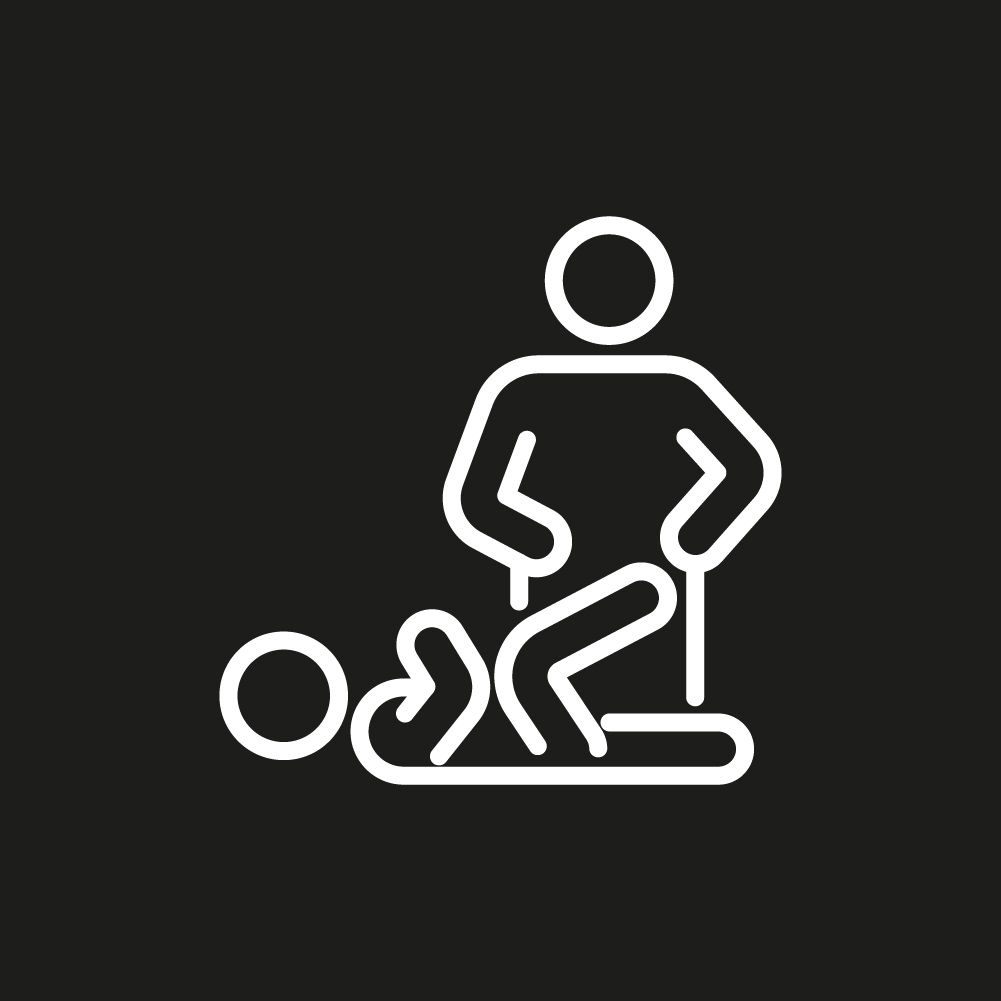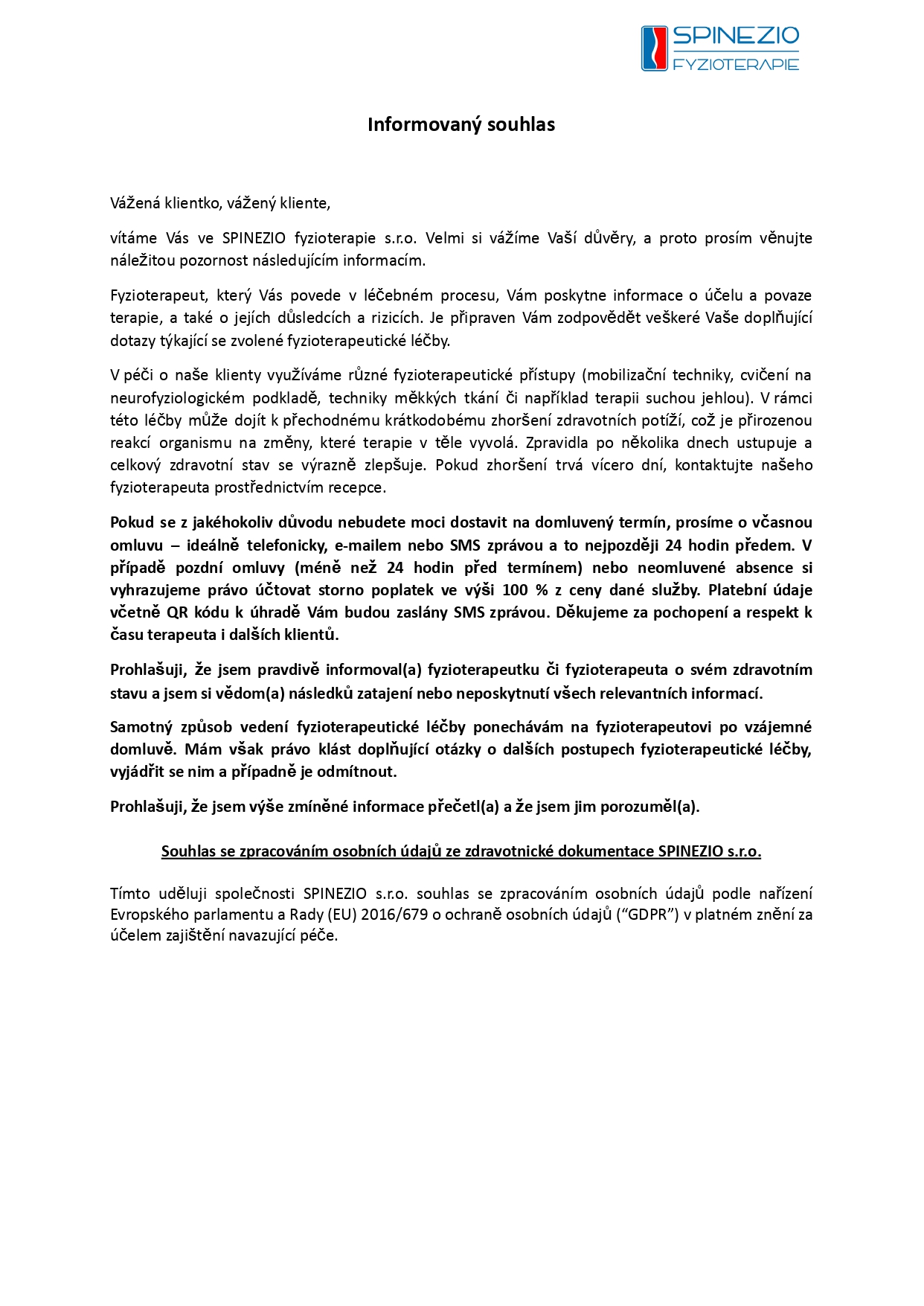Gynecological physiotherapy is a specialized area of care that helps women deal with difficulties that were previously often considered “normal” or “unsolvable.” Today, we know that proper function of the musculoskeletal system, especially the pelvic floor, can significantly affect not only pain, but also the ability to get pregnant, the course of pregnancy, childbirth and postpartum recovery.
It contributes to the stability of the body, the support of organs and fertility. It can be weakened or, conversely, overloaded and tense, which manifests itself, for example, in painful menstruation, sexual intercourse, incontinence or back pain. In therapy, we use direct treatment techniques (per vaginam/per rectum), exercises according to Mojžíšová, visceral therapy and yoga techniques. We perceive each woman as unique. We conduct therapy with maximum consideration, respect and trust.
We help manage musculoskeletal pain, prepare the body for childbirth (pelvic floor relaxation, perineal massage, rebozo techniques), support the baby's turning, and overall make pregnancy as enjoyable as possible.
We help with diastasis, incontinence, postpartum scar care (including cesarean section), prolapse, and painful conditions. The goal is to safely and healthily get your body back into shape.
We most often deal with:
After giving birth, your body deserves attention and sensitive care. That's why we offer an extended initial examination as part of gynecological physiotherapy.
How is the inclusion of ultrasound beneficial in postpartum care?
Conclusion with practical recommendations
Based on a comprehensive examination, we will design an individual therapeutic plan and practical recommendations to help you get back to what you love..







(Dry-needling)




Laser, shock wave



